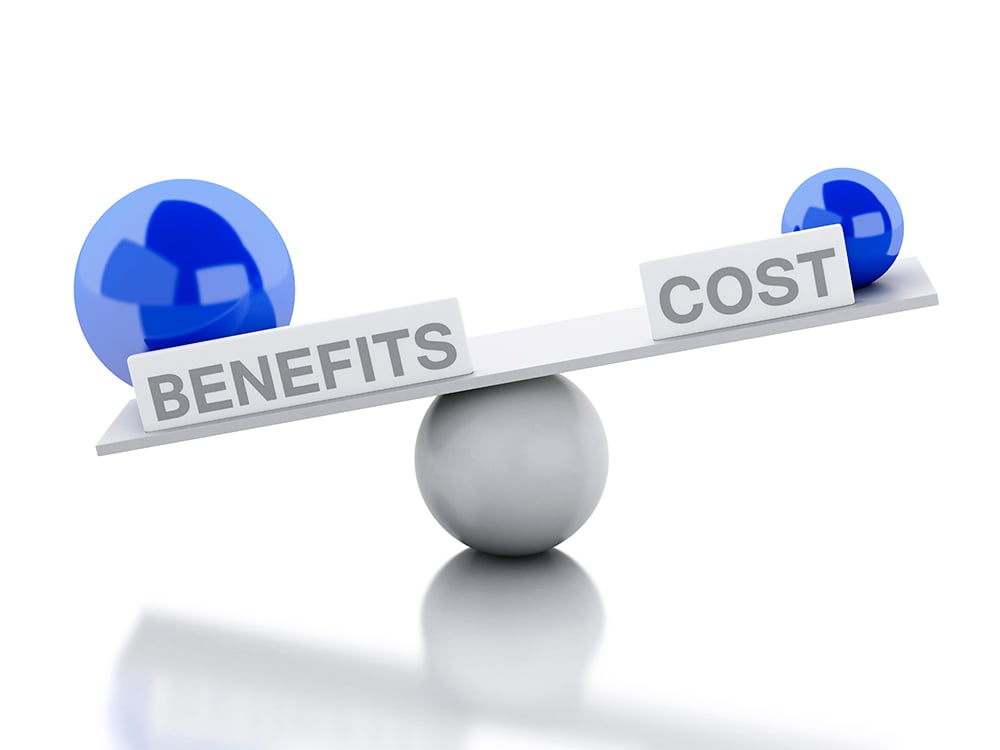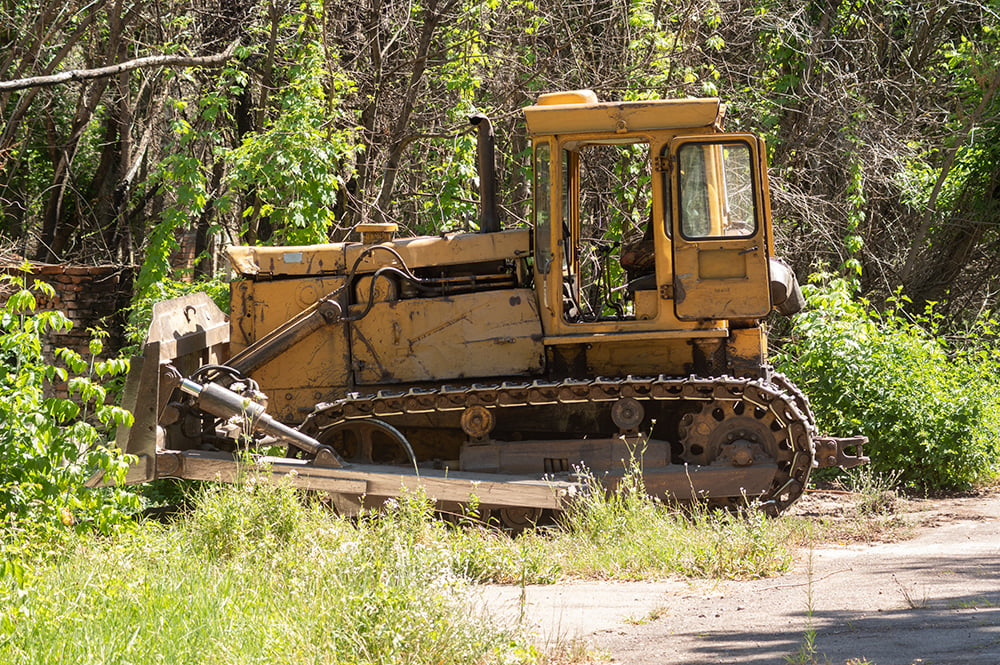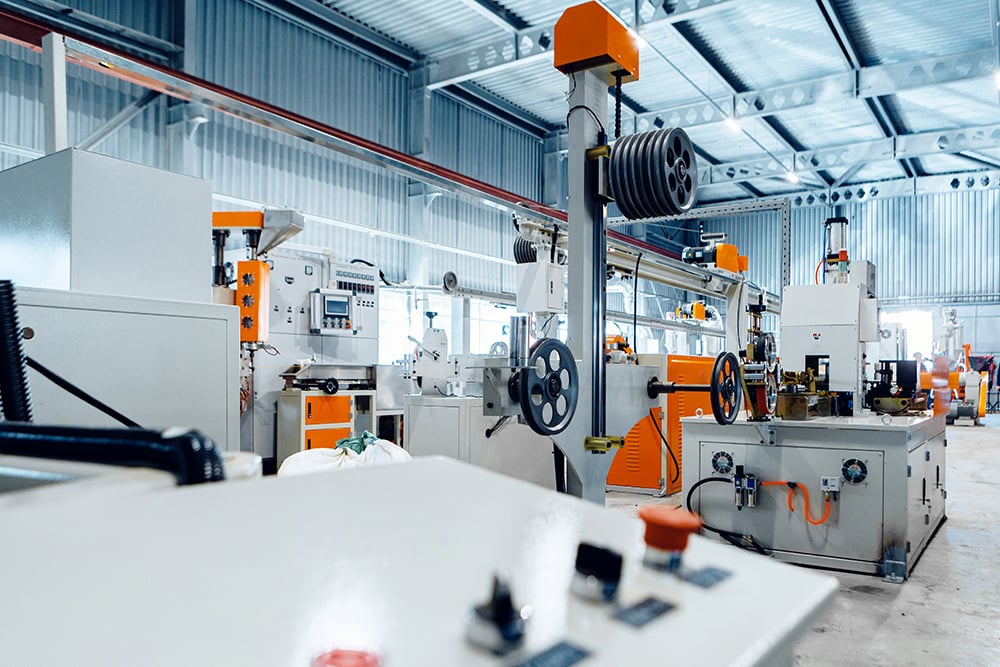
Many experienced and credentialed appraisers augment their services as expert witnesses in litigation matters such as prolonged business disputes and personal divorce cases. Working with clients and their attorneys leading up to a possible trial is common practice for valuation firms; however, these cases are often settled before testimony is required.
If the litigation does reach trial or arbitration, there is the likelihood that testimony will occur either during the trial or before, in a deposition format. As an expert witness, before the pandemic, it was generally a requirement to attend these hearings in person, which involved additional time and costs for travel and sitting in court waiting to testify.
Over the last 2+ years, there has been an abundance of “catch-up” work by the courts and attorneys given the delays in advancing cases during the pandemic. As a result, a high number of valuation assignments associated with these cases have moved to deposition or trial, creating an increased level of requests for expert witness testimony.
Fortunately, the opportunity to testify remotely online has allowed appraisers to avoid spending inordinate amounts of time traveling around the country to attend these in person and then having to sit idly waiting for their turn to appear as a witness.
One of the few silver linings associated with the pandemic was the widespread acceptance of a remote work model, which includes a significant amount of communication handled through an online format, such as Zoom or Microsoft Teams. This has now become commonplace for expert witness testimony and, as a result, has allowed appraisers to provide this service more affordably to their clients.
Based on my own recent experience, this process has by and large been successful, and the likelihood of creating a more permanent change to include remote testimony options at trial and deposition will continue to develop in the long term.
Like many other industries, technological advances over the last 15-20 years have played a significant role in creating efficiencies for appraisers to manage their workload and grow their businesses to new levels without spending a lot of additional time and expense to accomplish this. The opportunity created by remote expert witness testimony is one of these critical areas of advancement, and appraisers should take advantage of this as much as possible.





